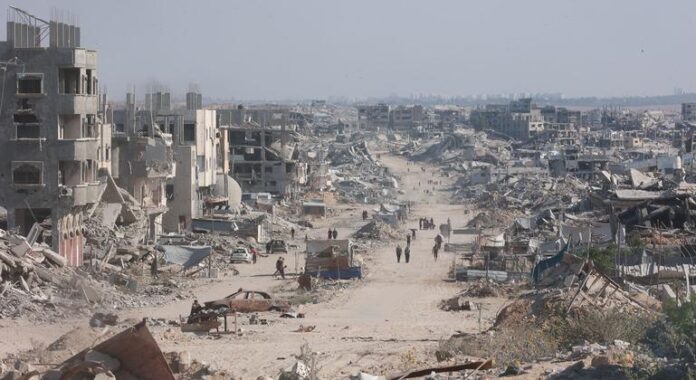The Web Summit has established itself as a key event in the global technology calendar, serving as a nexus for innovation, entrepreneurship, and digital trends. Together with other EU entities, HaDEA will take part in this year’s edition, taking place from 10 to 13 November in Lisbon, Portugal. During the event, HaDEA will connect and engage with key stakeholders, current beneficiaries, and potential beneficiaries.
Throughout the summit, visitors can find HaDEA at stand E326 in Pavilion 3, where its representatives (together with colleagues from DG CONNECT, the European High-Performance Computing Joint Undertaking, and project beneficiaries) will share information on EU funding opportunities, showcase success stories from HaDEA-managed projects, and illustrate how EU support helps turn innovative concepts into concrete achievements. They will also be available to answer questions about current funding programmes.
Masterclass workshop
On 11 November (14.30–15.15), HaDEA will host a workshop in Masterclass Room 3 titled “Investing in future technologies: How to get EU funding for your project?”.
The session will feature HaDEA Director Marina Zanchi, Head of Unit Silke Obst, and representatives from four HaDEA-managed projects, who will share their experience of translating EU support into real-world innovation.
From next-generation AI for critical infrastructures to digital building innovation, space data for SMEs, and AI-powered breast cancer treatment, the projects featured at Web Summit illustrate the breadth and impact of HaDEA’s work.
HADEA’s projects at the Web Summit 2025:
- AI4REALNET develops new methods for trustworthy AI-assisted decision-making in the management of critical infrastructures such as electricity, railway, and air traffic systems. By combining human expertise and artificial intelligence through augmented cognition, hybrid human–AI co-learning, and autonomous AI, the project aims to enhance the safety, resilience, and security of these essential networks. It also promotes the use of open, AI-friendly simulation environments that allow researchers and operators to test and validate new algorithms under realistic conditions. In doing so, AI4REALNET contributes directly to Europe’s goals of decarbonisation, digitalisation, and improved resilience of vital services.
- openDBL is developing a one-stop digital building logbook, an open and standardised platform designed to simplify how data about buildings is managed throughout their lifecycle. By integrating multidisciplinary expertise and advanced technologies such as AI, blockchain, IoT, and virtual reality, openDBL supports the digitalisation of the architecture, engineering, construction, and operations sectors. The platform will help users manage information efficiently, improve transparency, and support the EU’s green transition.
- FIERCE will engage small and medium-sized enterprises (SMEs), start-ups, and scale-ups across Europe, providing financial support, business guidance, and access to networks that enable them to design innovative, space-enabled solutions. By fostering new applications in areas such as environmental monitoring, circular economy, and sustainable resource management, FIERCE helps bridge the gap between the European Space Programme and the entrepreneurial ecosystem, creating new opportunities for sustainable growth and competitiveness.
- RadioVal is conducting one of the first large-scale international validations of AI-based radiomics to predict how breast cancer patients respond to chemotherapy. The project uses advanced medical imaging algorithms and leverages large datasets from previous EU-funded projects to test the tools across eight hospitals in Europe and beyond. RadioVal evaluates the AI methods for reliability, fairness, usability, and clinical relevance, following established guidelines for transparency and safety. By improving the accuracy of treatment predictions, the project aims to reduce overtreatment, enhance patient outcomes, and increase trust in AI-driven healthcare decisions.
Visit HaDEA at booth E326 in Pavilion 3 to discover more about EU-funded innovation and meet the teams behind the featured projects.











